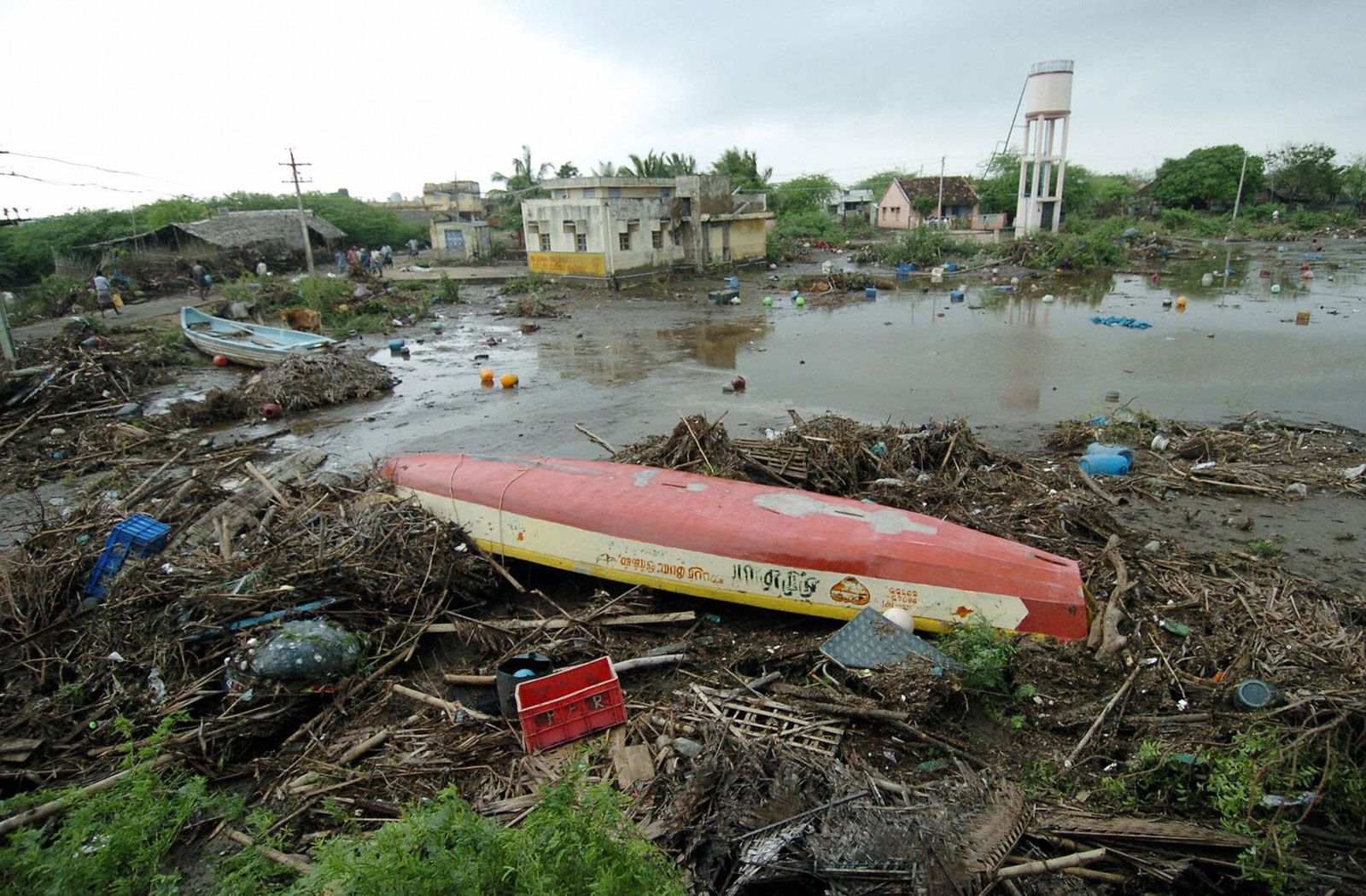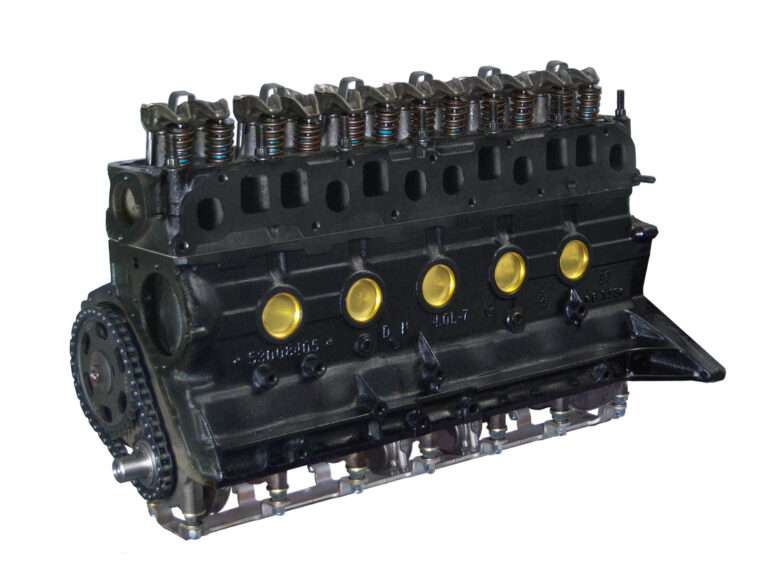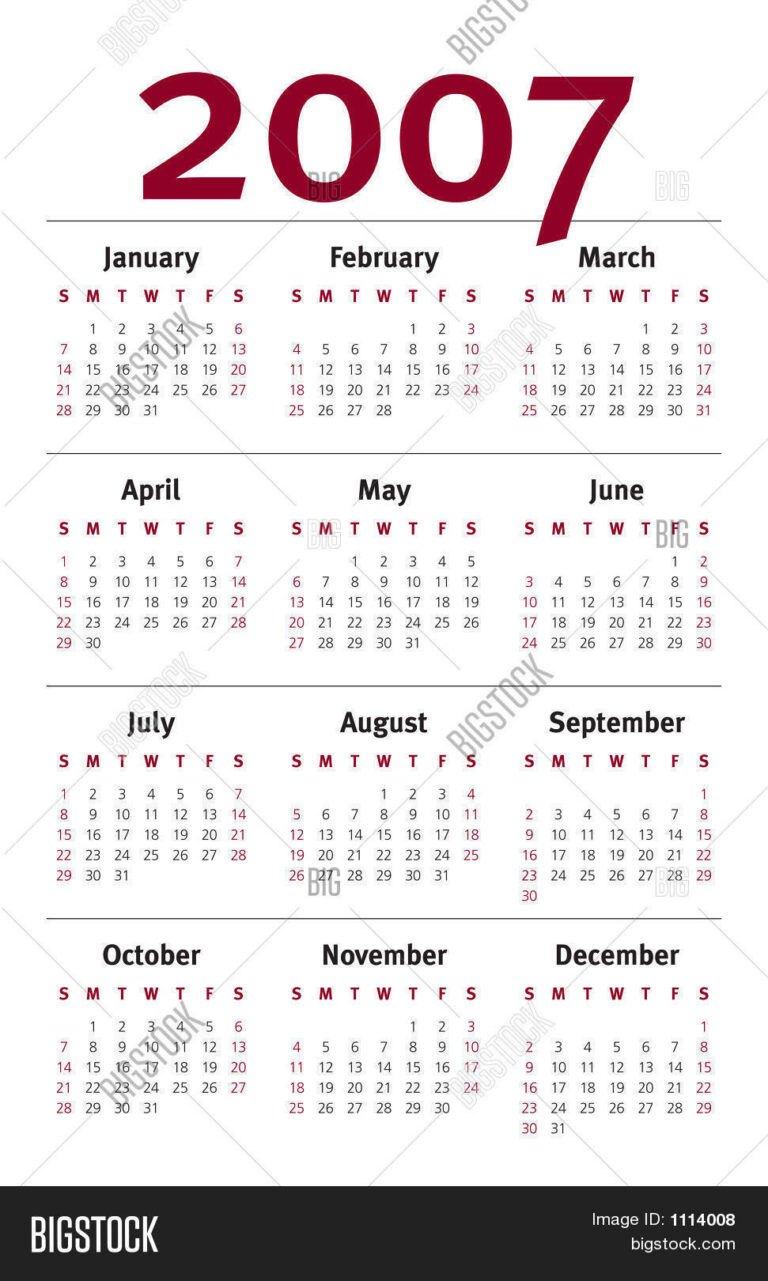2004 Jeep Grand Cherokee Motor For Sale: A Comprehensive Guide to Reviving Your WJ
2004 Jeep Grand Cherokee Motor For Sale: A Comprehensive Guide to Reviving Your WJ jeeps.truckstrend.com
The 2004 Jeep Grand Cherokee, part of the iconic WJ generation, holds a special place in the hearts of many SUV enthusiasts. Known for its rugged capability, comfortable ride, and timeless design, these vehicles continue to be a popular choice for daily drivers and off-road adventurers alike. However, like all mechanical components, the engine in your beloved 2004 Grand Cherokee eventually reaches the end of its life, leading many owners to search for a "2004 Jeep Grand Cherokee Motor For Sale."
This comprehensive guide is designed to navigate the complexities of finding, purchasing, and understanding replacement engines for your WJ Grand Cherokee. Whether your current engine has suffered a catastrophic failure, is simply showing its age with excessive oil consumption, or you’re undertaking a restoration project, understanding your options for a replacement motor is crucial to getting your dependable Jeep back on the road.
2004 Jeep Grand Cherokee Motor For Sale: A Comprehensive Guide to Reviving Your WJ
Understanding the 2004 Jeep Grand Cherokee Engine Options
Before you begin your search for a replacement motor, it’s essential to know which engine options were available in the 2004 Grand Cherokee and, more importantly, which one you currently have. This generation offered a choice of robust powertrains:
- 4.0L PowerTech I6 (Inline-Six): This legendary engine is a workhorse, renowned for its simplicity, durability, and ease of maintenance. It’s a common choice for those seeking reliability over raw power. Common issues, while rare, can include cracked cylinder heads (especially in earlier models, though less common by 2004) and exhaust manifold cracks.
- 4.7L PowerTech V8: The standard V8 option, offering a significant boost in power and torque over the 4.0L. It’s a capable engine for towing and spirited driving. Common issues might include rocker arm noise, oil sludge (if maintenance is neglected), and occasional sensor failures.
- 4.7L PowerTech High Output (HO) V8: This was the top-tier engine option, found primarily in the Overland and Limited trims. It offered increased horsepower and torque through revised cylinder heads, intake manifold, and camshafts. It shares many characteristics and potential issues with the standard 4.7L V8 but with slightly higher performance.
Identifying your specific engine is critical for compatibility. Check your vehicle’s VIN, engine code, or the engine itself for identifying marks. The 4.0L I6 is visually distinct with its inline cylinder arrangement, while the 4.7L V8s are clearly V-shaped.

Why Buy a Replacement Motor for Your 2004 Grand Cherokee?
The decision to replace an engine rather than buying a new vehicle is often driven by several factors:
- Cost-Effectiveness: A complete engine replacement, even with professional installation, is typically a fraction of the cost of purchasing a new or even a newer used vehicle.
- Sentimental Value: Many owners have a deep attachment to their WJ Grand Cherokees, appreciating their proven reliability, off-road prowess, and unique character.
- Known Vehicle History: You know the history of your current vehicle – its quirks, its maintenance record (or lack thereof), and its overall condition. Swapping the engine allows you to retain a vehicle you’re familiar with.
- Reliability of the WJ Platform: Aside from engine issues, the rest of the 2004 Grand Cherokee is generally robust, from its solid axles to its durable unibody construction. Investing in a new engine can give the vehicle many more years of service.
- Common Engine Failures: While durable, these engines can suffer from common issues like severe oil sludge buildup (4.7L), head gasket failures, cracked cylinder heads (4.0L), or timing chain/component wear, making a replacement a practical solution.

Types of Replacement Motors Available

When searching for a "2004 Jeep Grand Cherokee Motor For Sale," you’ll encounter a few distinct categories of engines, each with its own pros and cons:
- Used Engines (Salvage/Junkyard): These are engines pulled from other vehicles, typically those that have been in an accident or scrapped for other reasons.
- Pros: Most affordable option.
- Cons: Unknown history, mileage, and internal condition. No warranty or very limited warranty. Risk of receiving a "lemon."
- Remanufactured/Rebuilt Engines: These engines have been professionally disassembled, inspected, cleaned, and reassembled with new or reconditioned components (e.g., pistons, rings, bearings, gaskets, seals). They are tested to meet or exceed OEM specifications.
- Pros: Come with a warranty (often 1-3 years), thoroughly inspected, components replaced, tested for quality. A good balance of cost and reliability.
- Cons: More expensive than used engines.
- New Crate Engines: While rare for a vehicle of this age, a brand-new engine assembly straight from the manufacturer or a specialized performance builder might be available.
- Pros: Ultimate reliability, full factory warranty, brand new components.
- Cons: Most expensive option, often hard to find for older models, typically aimed at performance builds rather than direct OEM replacement.
For most 2004 Jeep Grand Cherokee owners, a remanufactured engine offers the best balance of cost, reliability, and peace of mind due to the included warranty.
Where to Find a 2004 Jeep Grand Cherokee Motor For Sale
Your search for a replacement engine will likely lead you to several sources:
- Online Marketplaces: Websites like eBay, Craigslist, and dedicated automotive parts sites (e.g., LKQ, Car-Part.com) are excellent resources. Be cautious and verify seller reputation.
- Local Salvage Yards/Junkyards: Physically inspecting the engine and potentially seeing the donor vehicle can be beneficial. Prices are often negotiable.
- Specialized Engine Suppliers/Rebuilders: Companies that specialize in remanufacturing engines often have a vast inventory and offer excellent warranties. A simple online search for "Jeep 4.0L remanufactured engine" or "Jeep 4.7L rebuilt engine" will yield many results.
- Dealerships: While less likely to sell used or remanufactured units directly, they might be able to order new crate engines or connect you with parts suppliers.
Key Considerations When Buying a Replacement Engine
Purchasing an engine is a significant investment. Keep these critical factors in mind:
- Condition and Mileage (for Used Engines): If buying used, inquire about the mileage. Ask for videos of the engine running, compression test results, and photos of the oil pan and valve covers to check for sludge.
- Compatibility: Double-check the engine code and ensure it’s an exact match for your vehicle’s year, make, model, and original engine type (e.g., 4.7L vs. 4.7L HO). Minor differences can lead to major installation headaches.
- Warranty: This is paramount, especially for used and remanufactured engines. Understand what the warranty covers (parts only, labor, shipping), its duration, and any conditions that might void it (e.g., improper installation, lack of maintenance).
- Shipping and Delivery: Engines are heavy and bulky. Factor in shipping costs, which can be substantial. Inquire about crating, insurance, and estimated delivery times.
- Ancillary Components: Clarify what’s included with the engine. Is it a "long block" (block, heads, camshafts) or a "short block" (block, crankshaft, pistons)? Does it come with accessories like the alternator, power steering pump, AC compressor, intake manifold, or wiring harness? Often, you’ll need to transfer these from your old engine or purchase them separately.
- Seller Reputation: Read reviews, check their business history, and ask for references if possible. A reputable seller is key to a smooth transaction.
- Return Policy: Understand the seller’s return policy in case the engine arrives damaged or is not as described.
The Installation Process: What to Expect
An engine swap is not a trivial undertaking. It requires mechanical expertise, specialized tools, and a significant amount of time.
- DIY vs. Professional Installation: Unless you have extensive automotive experience, a well-equipped garage, and a reliable engine hoist, professional installation is highly recommended. A skilled mechanic will ensure proper alignment, fluid levels, sensor connections, and break-in procedures.
- Additional Costs: Beyond the engine itself, budget for new fluids (oil, coolant), gaskets, seals, spark plugs, filters, and potentially new engine mounts or hoses.
- Pre-Installation Checks: Before dropping the new engine in, it’s wise to install new spark plugs, check sensors, and replace any accessible seals that might be difficult to reach later.
Tips for a Successful Engine Swap
- Research Thoroughly: Don’t rush the purchase. Compare prices, warranties, and seller reputations.
- Budget for the Unexpected: Always set aside extra funds for unforeseen expenses like broken bolts, unexpected part replacements, or additional shop time.
- Inspect the Donor Vehicle (if buying used): If purchasing from a salvage yard, try to inspect the vehicle the engine came from. Look for signs of fire damage, major impact, or neglect.
- Proper Break-In: Follow the manufacturer’s or rebuilder’s break-in procedure carefully. This is crucial for the longevity of your new engine.
- Document Everything: Keep records of your purchase, warranty information, and any receipts for parts or labor.
Estimated Price Table for 2004 Jeep Grand Cherokee Motors
Please note: These prices are estimates and can vary significantly based on location, seller, engine condition, mileage, included accessories, and market demand. Always get a specific quote.
| Engine Type | Condition | Estimated Price Range (USD) | Typical Warranty | Notes |
|---|---|---|---|---|
| 4.0L PowerTech I6 | Used | $800 – $1,800 | 30-90 days | Varies greatly by mileage/history |
| 4.0L PowerTech I6 | Remanufactured | $2,200 – $3,500 | 1-3 years / unlimited miles | Often includes core charge |
| 4.7L PowerTech V8 | Used | $1,000 – $2,200 | 30-90 days | Check for sludge/ticking issues |
| 4.7L PowerTech V8 | Remanufactured | $2,500 – $4,000 | 1-3 years / unlimited miles | Good balance of cost/reliability |
| 4.7L PowerTech HO V8 | Used | $1,200 – $2,500 | 30-90 days | Less common, may be harder to find |
| 4.7L PowerTech HO V8 | Remanufactured | $2,800 – $4,500 | 1-3 years / unlimited miles | Premium price for the HO version |
| Installation Labor | Professional | $1,000 – $2,500 | Varies by shop | Excludes parts/fluids, depends on complexity |
| Shipping (Engine only) | Varies | $200 – $600+ | N/A | Depends on distance and carrier |
Frequently Asked Questions (FAQ)
Q: What’s the difference between a long block and a short block?
A: A short block typically includes the engine block, crankshaft, pistons, and connecting rods. A long block includes the short block plus the cylinder heads, camshafts, and valve train components. Accessories like the intake manifold, exhaust manifold, water pump, and sensors are usually not included with either.
Q: How much does it cost to install a 2004 Jeep Grand Cherokee motor?
A: Professional installation labor can range from $1,000 to $2,500 or more, depending on your location, the mechanic’s hourly rate, and the complexity of the specific engine swap. This cost does not include the price of the engine itself or any additional parts needed (fluids, gaskets, etc.).
Q: Should I buy a used or remanufactured engine?
A: For most owners, a remanufactured engine is the safer and more reliable choice. While more expensive upfront, the warranty and peace of mind that comes with a professionally rebuilt and tested engine often outweigh the risks associated with a cheaper, unverified used unit.
Q: What’s the typical lifespan of a replacement engine?
A: A properly installed remanufactured engine, with regular maintenance, can last as long as or even longer than the original factory engine – often 100,000 to 200,000 miles or more. The lifespan of a used engine is highly variable and depends entirely on its previous life and condition.
Q: Do I need to replace anything else during an engine swap?
A: Yes, it’s highly recommended to replace several items:
- All fluids: Engine oil, coolant, power steering fluid, transmission fluid (check level).
- Spark plugs and wires/coils: New plugs are a must.
- Thermostat and housing.
- Water pump (if not included with the engine).
- Engine mounts.
- Serpentine belt and tensioner.
- Fuel filter.
- Air filter.
- Any worn hoses or vacuum lines.
- Consider replacing the catalytic converter if it’s old and clogged, as a fresh engine can be damaged by a restricted exhaust.
Conclusion
Finding a "2004 Jeep Grand Cherokee Motor For Sale" and undertaking an engine swap is a significant decision, but one that can breathe new life into a beloved and capable vehicle. By understanding the different engine types, available replacement options, critical purchasing considerations, and the realities of installation, you can make an informed choice that gets your WJ Grand Cherokee back on the road, ready for many more miles of adventure. It’s an investment not just in a part, but in extending the life of a vehicle known for its durability and iconic status.





